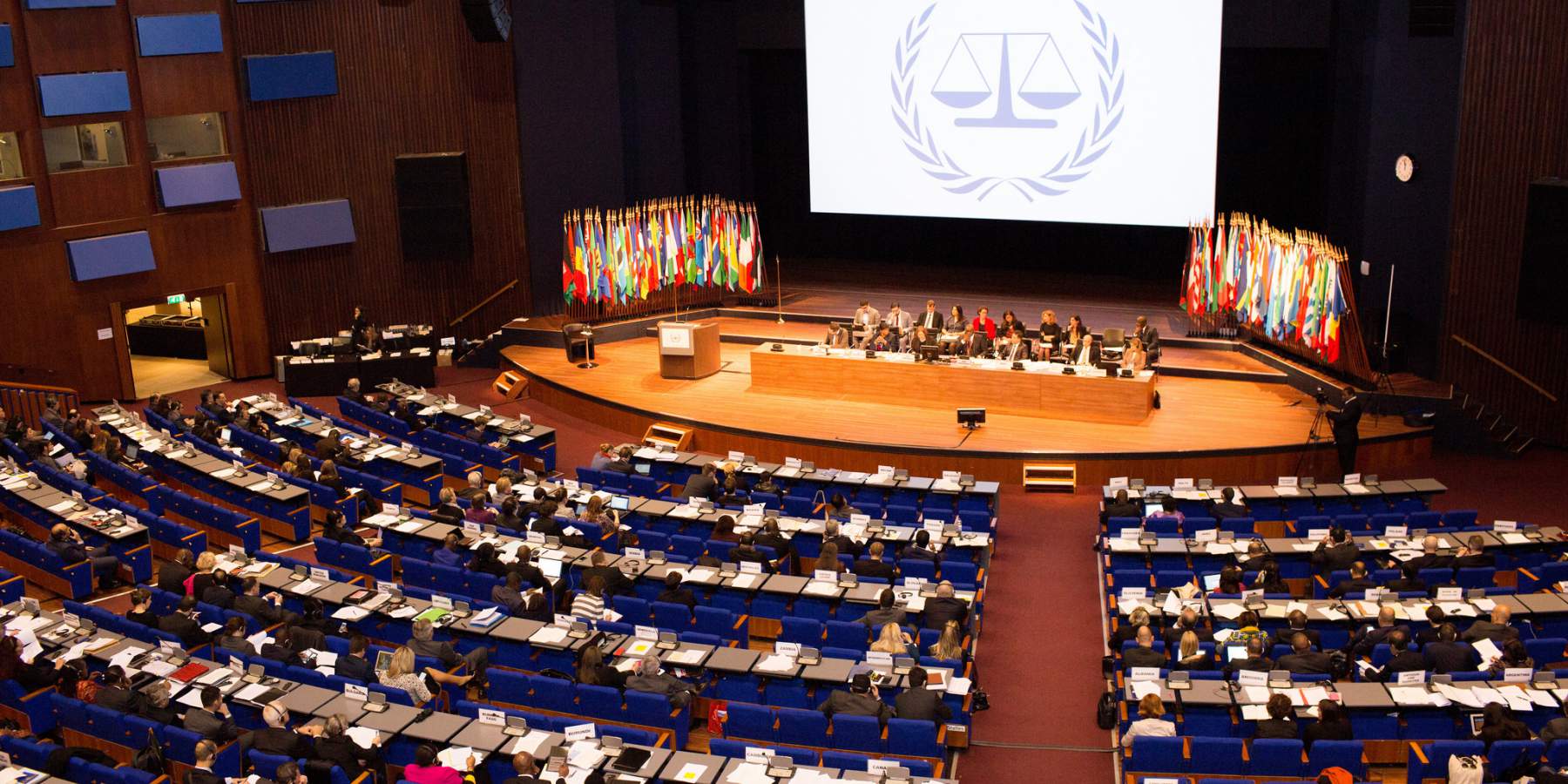1. Arrest ICC fugitives
As the ICC has no police force, governments must ensure that anyone wanted by the Court is detained and transferred to The Hague, regardless of their rank or station. The ICC’s founding treaty, the Rome Statute (RS), obliges all member states to carry out arrest warrants. When they fail to do so, states add insult to injury for victims and endanger the international justice system. A lack of state cooperation curtails the Court’s effectiveness. Non-ICC member states, particularly those on the UN Security Council, must also do more to arrest suspects.
2. Avoid ICC fugitives
There can be no business as usual with ICC fugitives. State representatives must avoid non-essential contact with wanted persons to isolate them and to reinforce the Court’s authority. Encouragingly, the UN, European Union and certain individual states have policies on avoiding non-essential contact with ICC fugitives. Yet, much work clearly remains to be done with failures to arrest ICC suspects.
3. Prosecute nationally
The ICC assists the international community in closing the impunity gap for the most heinous international crimes. But it remains a Court of last resort. National legal systems have primary responsibility to prosecute perpetrators of atrocities. By incorporating ICC crimes into domestic legislation, states can undertake effective national prosecutions. Implementing the RS is also a chance to reform national criminal systems, thereby strengthening the rule of law, peace and security.
4. Facilitate cooperation
Cooperation with the ICC is usually reduced to simple terms: states either have the political will, or they don’t. While this is true of many high-profile cases, a failure to cooperate often stems from governments lacking resources or expertise. Designating focal points within state agencies and departments can go a long way to ensuring cooperation. Training police, military forces, lawyers, judges and prosecutors also integrates the ICC system into all facets of the state. Meanwhile, by ratifying the Agreement on Privileges and Immunities of the Court, governments can ensure ICC officials can conduct their work safely and independently, while securing the rights of the defense. Similarly, bringing national legislation in line with the RS facilitates better cooperation.
5. Promote justice
Governments should use their political and diplomatic clout to encourage support for accountability, both publicly and privately. They can steer states not party to the RS toward ratification/accession and the adoption of national legislation by vouching for the benefits that ICC membership entails: advancement of the rule of law, development and good governance. The major powers outside the ICC system—including China, Russia and the United States— should also be made aware of how they can facilitate cooperation with the ICC.
6. Sign voluntary agreements
State cooperation also includes signing voluntary agreements for witness relocation, enforcement of sentences, interim release and acquittal of suspects. These agreements are essential, but very few have been signed. Only Belgium has agreed to take suspects on interim release. As the Court’s workload increases, the consequences of the lack of such agreements are becoming apparent. With no acquittal agreements in place, Congolese militia leader Mathieu Ngudjolo Chui spent three years in asylum detention in the Netherlands following his release from the Court. ICC member states must take a broader view of their responsibilities to give the RS effect and building public confidence in the Court’s ability to deliver justice.
7. Protect witnesses
As with national judicial systems, witnesses are essential to determining truth at the ICC. But they are vulnerable to intimidation or bribery or may have suffered trauma. Relocation agreements, though meant to be a last resort, have become a key part of the ICC’s protection program. Witness protection has become a critical issue at the Court in the past years. With people’s lives at stake, along with the integrity of ICC proceedings, it is crucial that more states make witness relocation an option.
8. Mainstream accountability
Greater ownership of international justice is needed at every level in the global system. Governments can press for accountability through their membership of international and regional organizations to advance policies and activities that build cooperation. States can similarly incorporate the ICC’s mission into the work of various UN organs and offices.
8. Push the UN Security Council
Governments must press the UN Security Council, which acts on behalf of the entire UN membership, to do more to ensure cooperation with the ICC. Concrete steps include: backing up ICC referrals by arresting suspects, ensuring that referrals can be adequately funded, ending the exclusion of nationals of non-ICC member states from the Court’s jurisdiction in referrals, following up on findings of non-cooperation referred by the Court and engaging in constructive dialogue with the ICC. States should also support initiatives to restrain the use of the veto by the permanent members of the Council when atrocity crimes are happening.
10. Support civil society
With many countries around the world adopting draconian laws constraining civil society, governments should do more to support efforts to promote accountability and protect human rights defenders.

